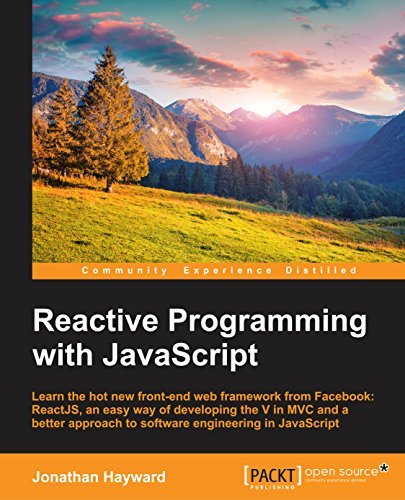What do you think?
Rate this book


376 pages, Kindle Edition
First published August 31, 2015
map,
filterand
reduce, but it goes nowhere from there and a whole chapter with 10+ pages have a single paragraph about real, focused talk about functional programming; the rest is just more rambling going to nowhere.